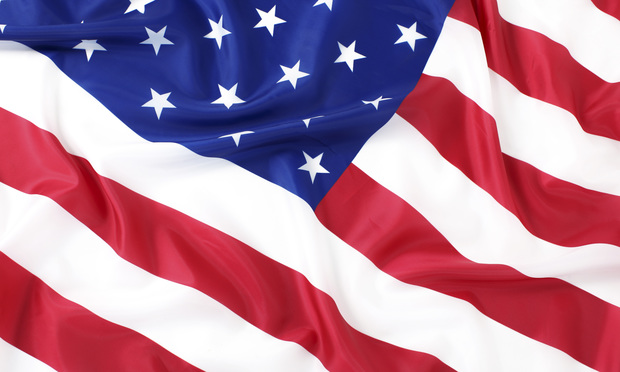Much has been heard recently about sports figures protesting racism by not standing during the renditions of the national anthem at the start of a game. Memory then returns us to the 1968 Olympic Games, when several American athletes raised their arms in a Black Power salute during the anthem. Commentary on the protests of sports figures has raised the question of why the national anthem has become a traditional part of professional sports games, and whether there are any legal principles to be applied or lessons to be learned.
Those who support playing or singing the national anthem in sports venues cite tradition and patriotism, but do these concepts suffice?
This content has been archived. It is available through our partners, LexisNexis® and Bloomberg Law.
To view this content, please continue to their sites.
Not a Lexis Subscriber?
Subscribe Now
Not a Bloomberg Law Subscriber?
Subscribe Now
LexisNexis® and Bloomberg Law are third party online distributors of the broad collection of current and archived versions of ALM's legal news publications. LexisNexis® and Bloomberg Law customers are able to access and use ALM's content, including content from the National Law Journal, The American Lawyer, Legaltech News, The New York Law Journal, and Corporate Counsel, as well as other sources of legal information.
For questions call 1-877-256-2472 or contact us at [email protected]



